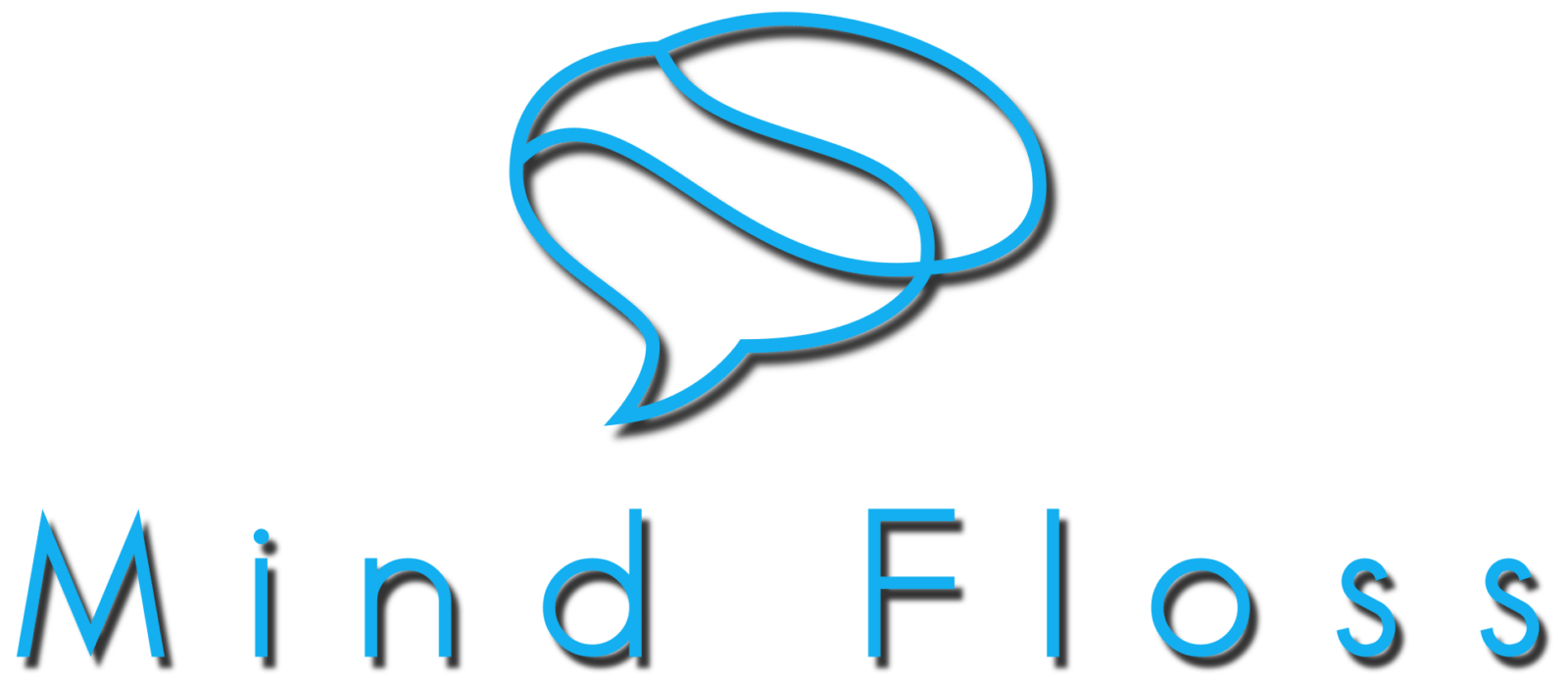We truly live in an incredible time of advanced technologies, as each year goes by there’s yet another astounding breakthrough of new mind-blowing technologies. One such break through has been around for quite a long time now, in fact the first brain imaging technology used was through good old-fashioned x-ray. But, since then a far more advanced tech emerged – MRI.
FMRI technology has been extensively used investigate the workings of the brain, and thousands of studies have been completed to show what regions and pathways activate under certain situations and react to stimuli. These results have enormous implications on how chronic pain can be treated and its relationship with stress and anxiety. It allows us to answer once and for all “does hypnotherapy work for chronic pain?”
Lets cut to the chase, the answer is YES! to date tons of research studies have been undertaken, and some of that research has focused on the effect of hypnotherapy on the brain. Many studies have now highlighted that hypnotherapy is effective in activating the brains default mode network (DMN), this part of the brain is responsible for self-reflection, introspection, and the creating of internal mental stimulus. This activation leads to deep relaxation and amplifies the person’s ability to concentrate and focus. Furthermore, it leads to the control and treatment of chronic pain. To back this up, a study published by the journal “Pain”, showed that hypnotherapy increased DMN activity whilst at the same time lowering activity in the pain processing matrix. This led to a significant reduction of pain experienced by the participants.
What is chronic pain?
Chronic pain is defined as pain that continues for longer than 12 weeks despite treatment and/or medication. Chronic pain can come about in a number of ways, we can develop it after an illness or injury, surgery, or as a result of another condition like IBS, fibromyalgia, or diabetes. The effected area will create a signal that it interpreted by the brain as pain in an effort to bring our attention to the injured area. This is basically our inbuilt alert system, telling us we are at risk and need to heal. However sometimes after we have done the healing the alert system remains switched on, and this severely effects our ability to enjoy life. The pain is now deemed “chronic” it serves no purpose, we become exhausted, and it effects our mood. Soon further side effects set in like insomnia, and anxiety. We now find ourselves in the grip of a vicious cycle.
Solution Focused Hypnotherapy for Chronic Pain
Solution focused hypnotherapy for the management of chronic pain focuses predominantly on lowering anxiety to reduce stress hormone production, whilst promoting serotonin to switch of the pain signal. For more detailed information on this see my article on Pain Gate Theory.
Additionally, hypnotherapy activates the executive function part of the brain known as the lateral prefrontal cortex. This region is responsible for decision making and regulating emotional responses. This is a very important and crucial area of the brain; it is also linked to things like phobias and addiction because it increases our control over those behaviours. A research study in the journal “Drug and Alcohol Dependence” observed heightened activity in the LPFC and decreased activity in the amygdala, which processes emotions. The study showed that increased connection between these areas contributed to the effectiveness of hypnosis to reduce cravings and withdrawal symptoms. By decreasing the sensitivity of the amygdala we lower our emotional response to the chronic pain, this can shut down the pain signal at the pain gate located at the brain stem.
Further studies have shown that the alteration in amygdala activity provides relief for phobias and anxiety. The journal “psychological Science” used fMRI to study spider phobia sufferers specifically and discovered that the decrease in amygdala activity brought about through hypnotherapy reduced the fear response to spider related stimuli.
In summary, Solution Focused Hypnotherapy can help you manage chronic pain by changing the way your brain perceives the pain signal, helping you feel calmer and more positive, and kick starting your natural pain control mechanism.




